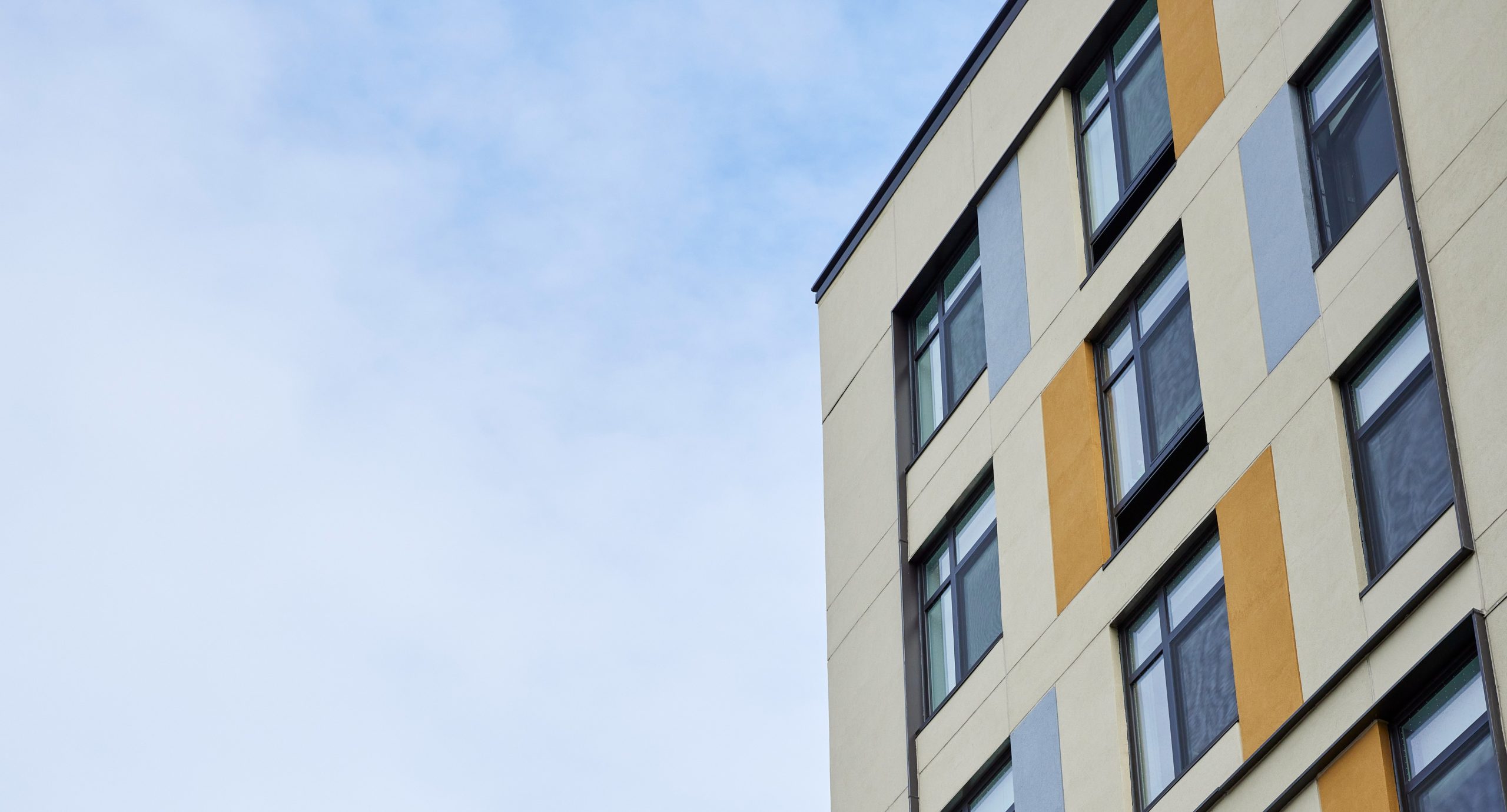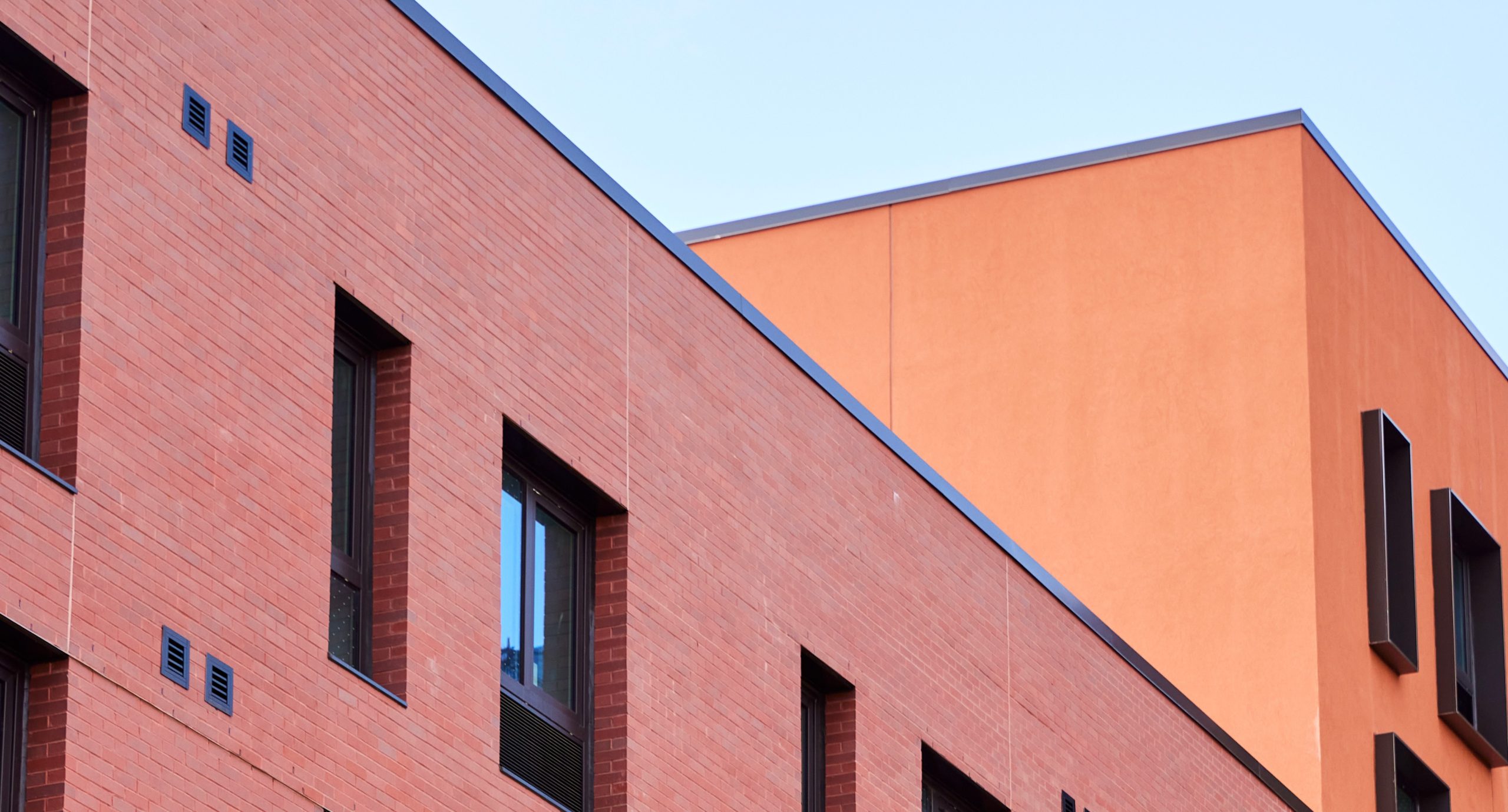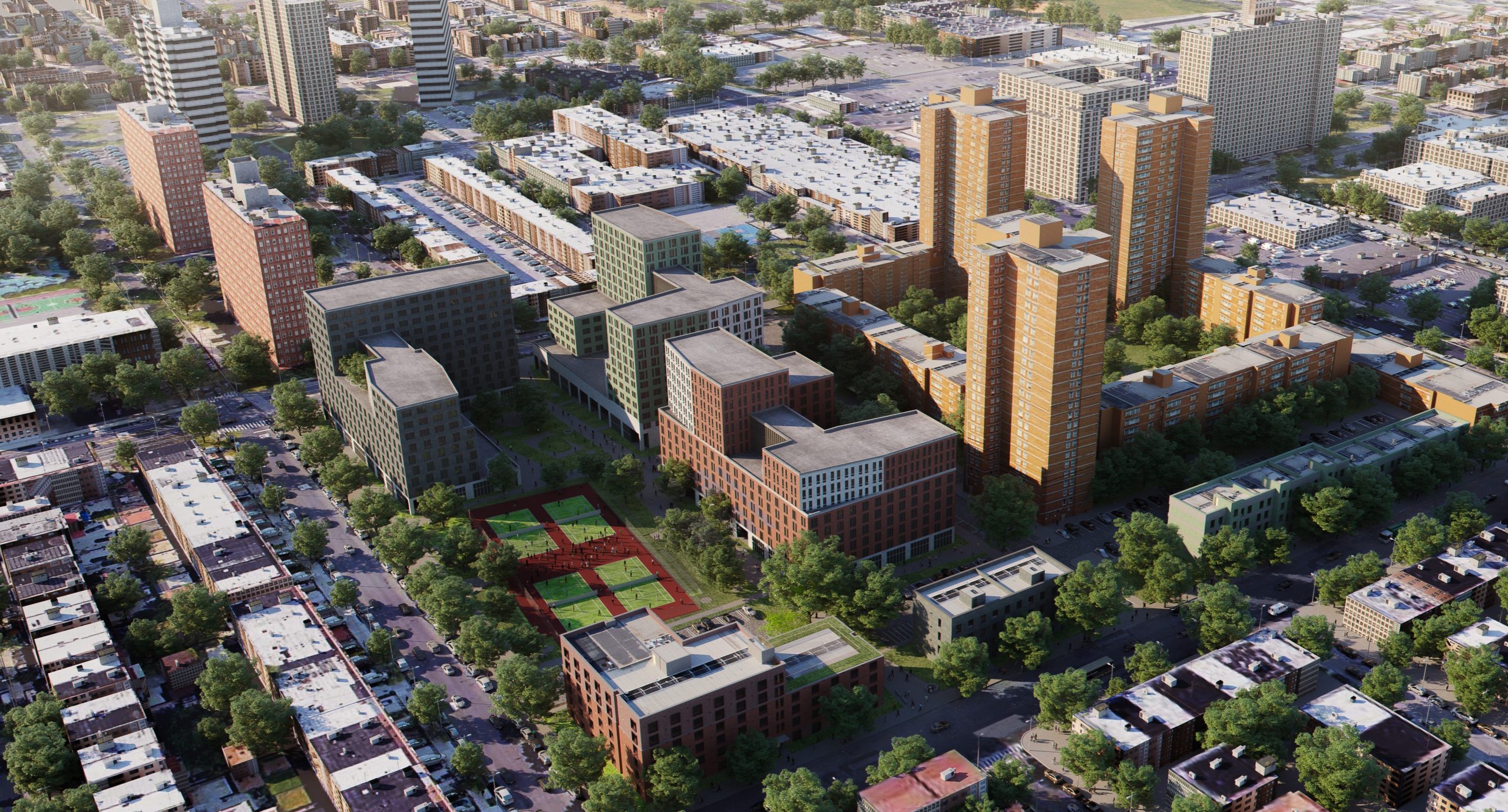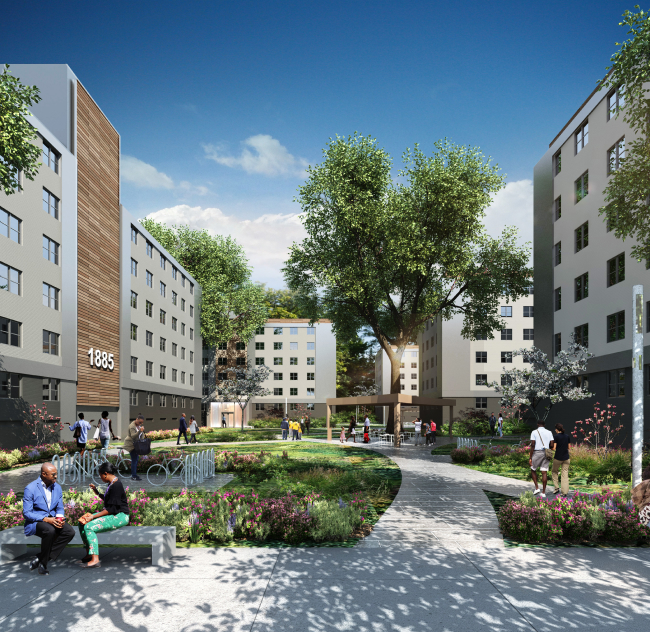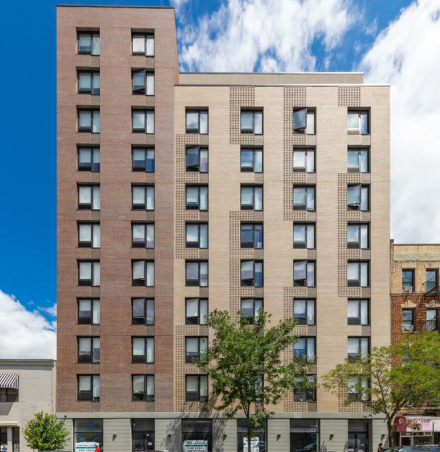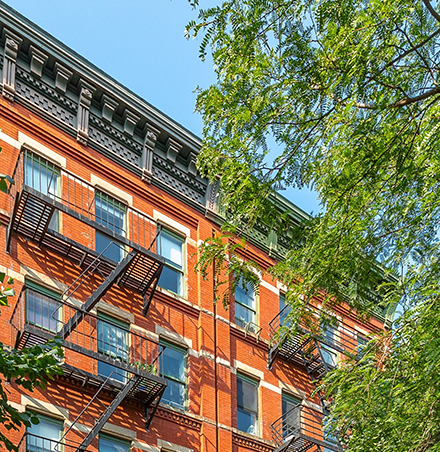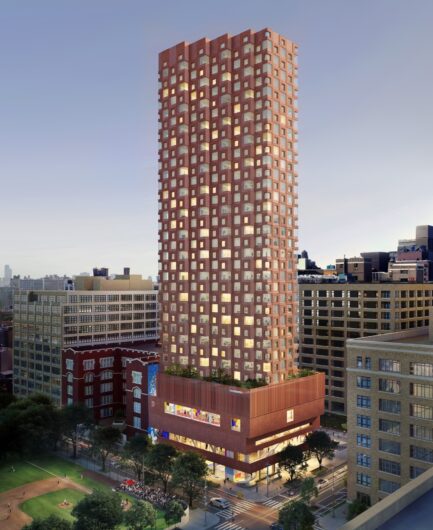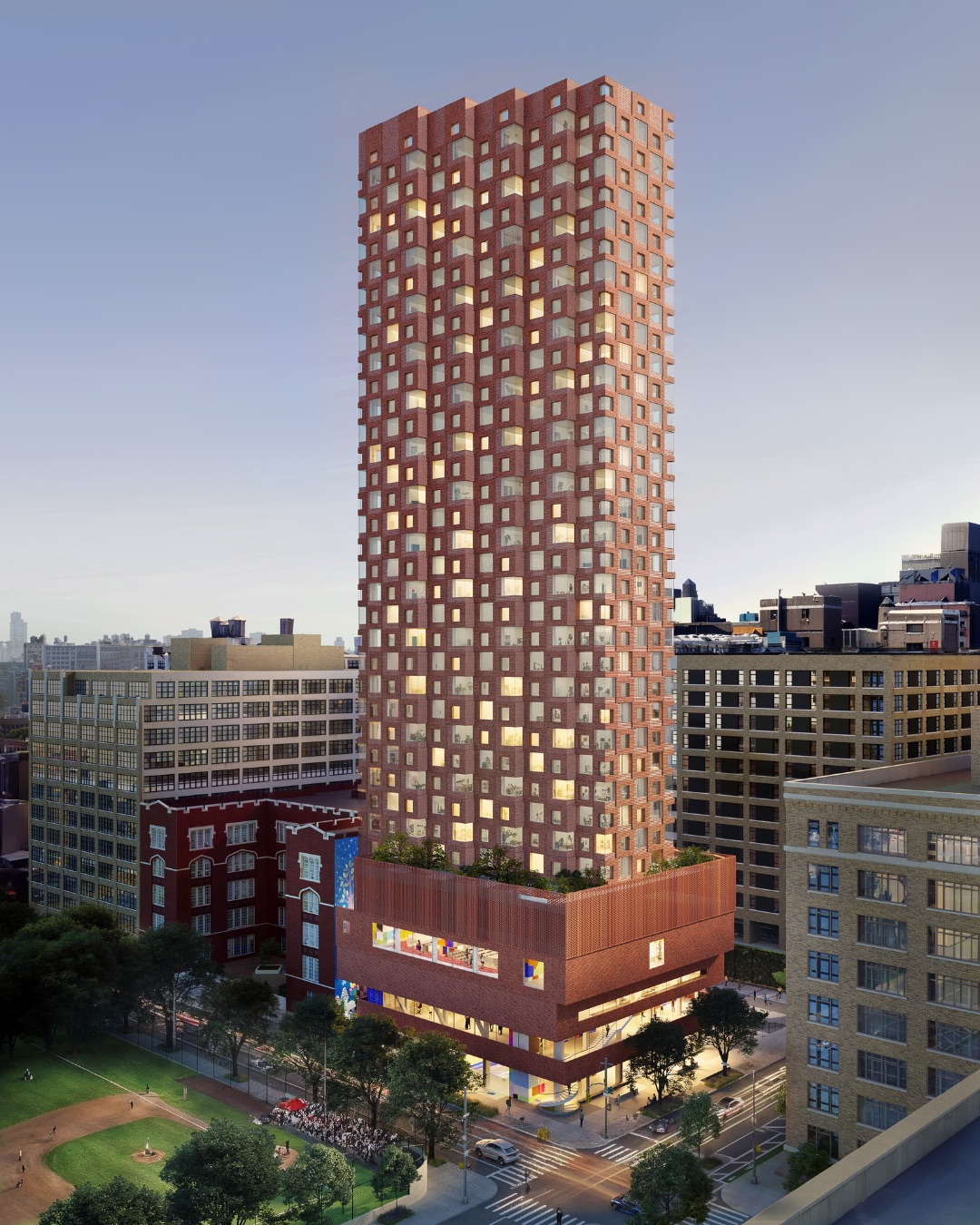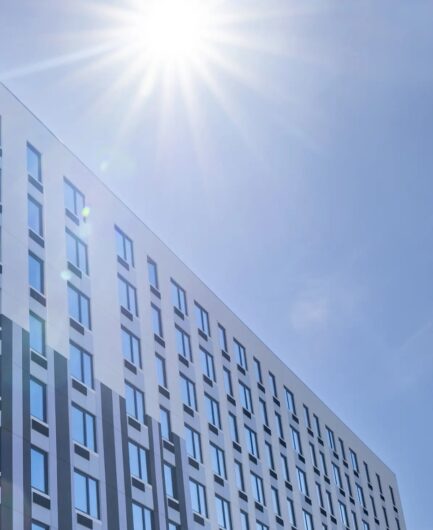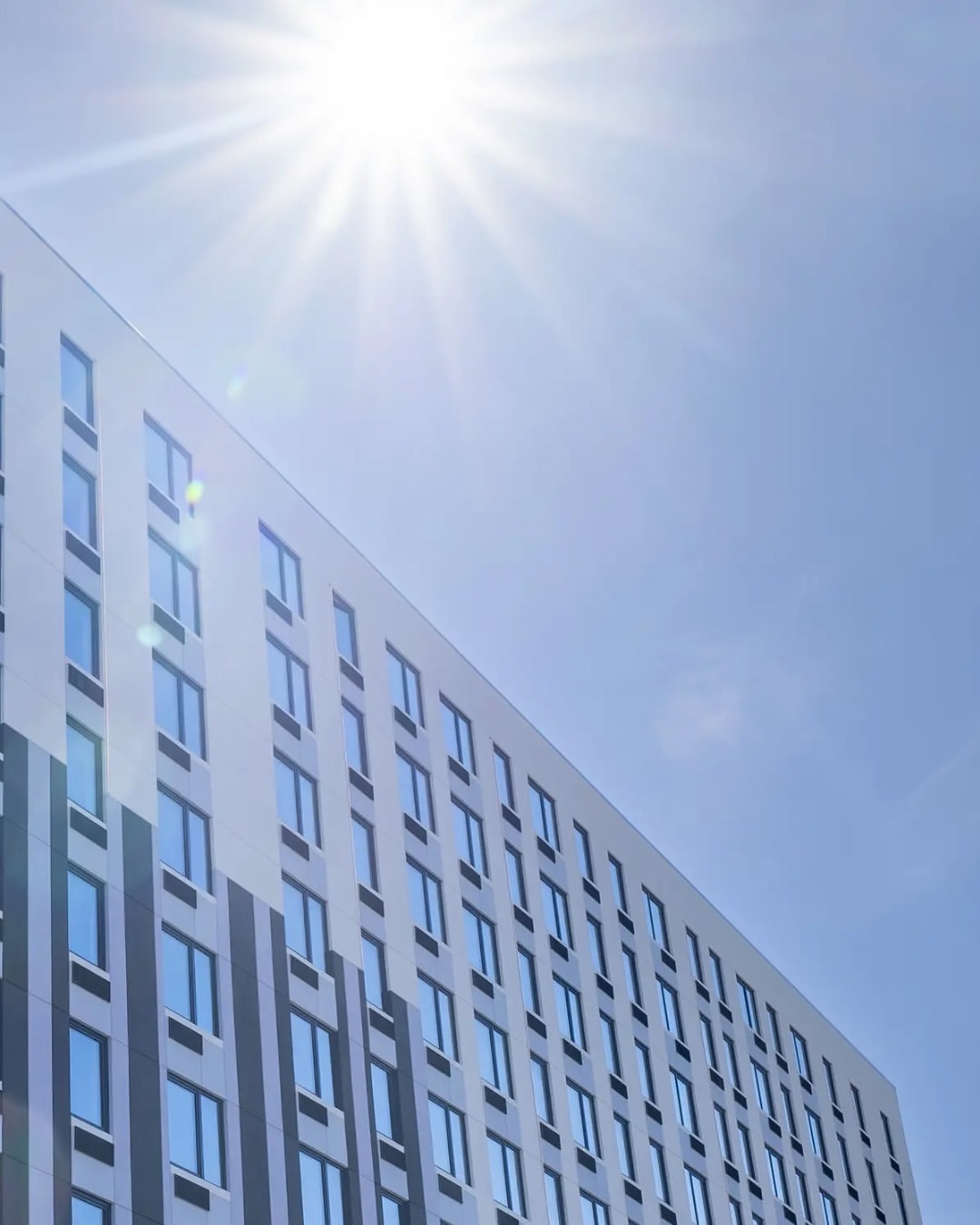City officials have selected the team to develop an almost 300-unit mixed-use project in Hudson Square.
The Department of Housing Preservation and Development and the Department of Parks and Recreation have tapped Camber Property Group, Services for the Underserved and Essence Development to construct the project at 388 Hudson St. The complex, called Hudson Mosaic, will feature affordable and supportive housing, along with a new recreation center that the Parks Department will own and operate. It will be the first city-led development to combine affordable housing with a Parks Department rec center.

